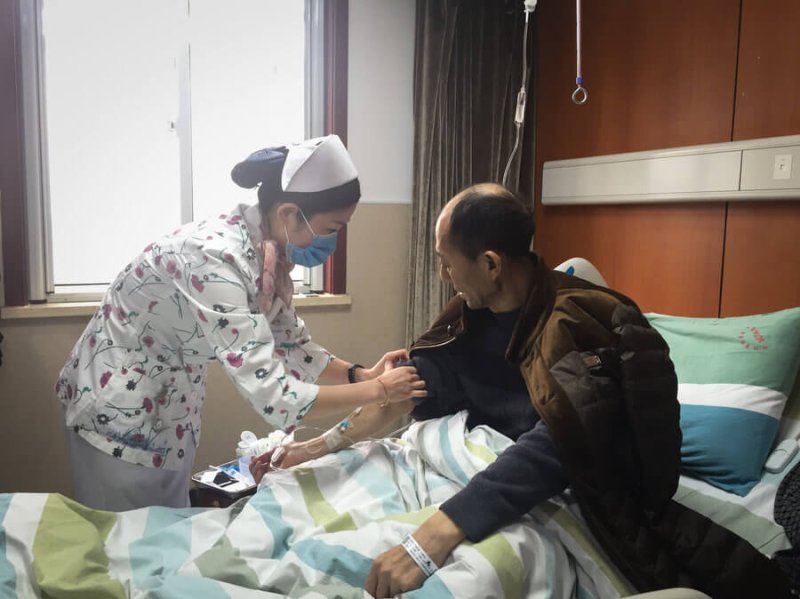Esophageal cancer is one of the most common forms of cancer in China. Like many other types, cancer of the esophagus can be treated with chemotherapy. But, as is also true of other forms of cancer, chemotherapy isn’t always successful. In China, and around the world, there’s a great need for the development of new treatments.
Dr. Shixiu Wu, president of the Hangzhou Cancer Hospital, has tested a somewhat new treatment that takes a patient’s T-cells from the body, genetically edits them to target cancerous cells, then puts the altered cells back.
…
There are those, like Lainie Ross a bioethicist at the University of Chicago, who are worried about the experiments in China; primarily because the country’s medical research isn’t as regulated as it is elsewhere. Ross told NPR there is concern that Chinese doctors and researchers could be rushing the experiment along, putting their patients at risk.
…
In response to concerns expressed about the research, Wu has made clear that patients are told about the risks of the treatment beforehand — and many of them consent to receive it despite them.
…
Wu has since started treating patients with other forms of cancer as well, specifically pancreatic cancer. “We [are] just beginning. We should improve it to get more benefits for the patients,” he said. “If you don’t try it, you’ll never know.”
Read full, original post: Chinese Doctors Are Using Modified T-Cells to Treat Advanced Forms of Cancer































